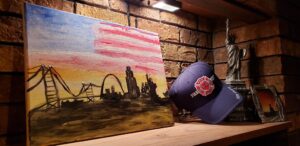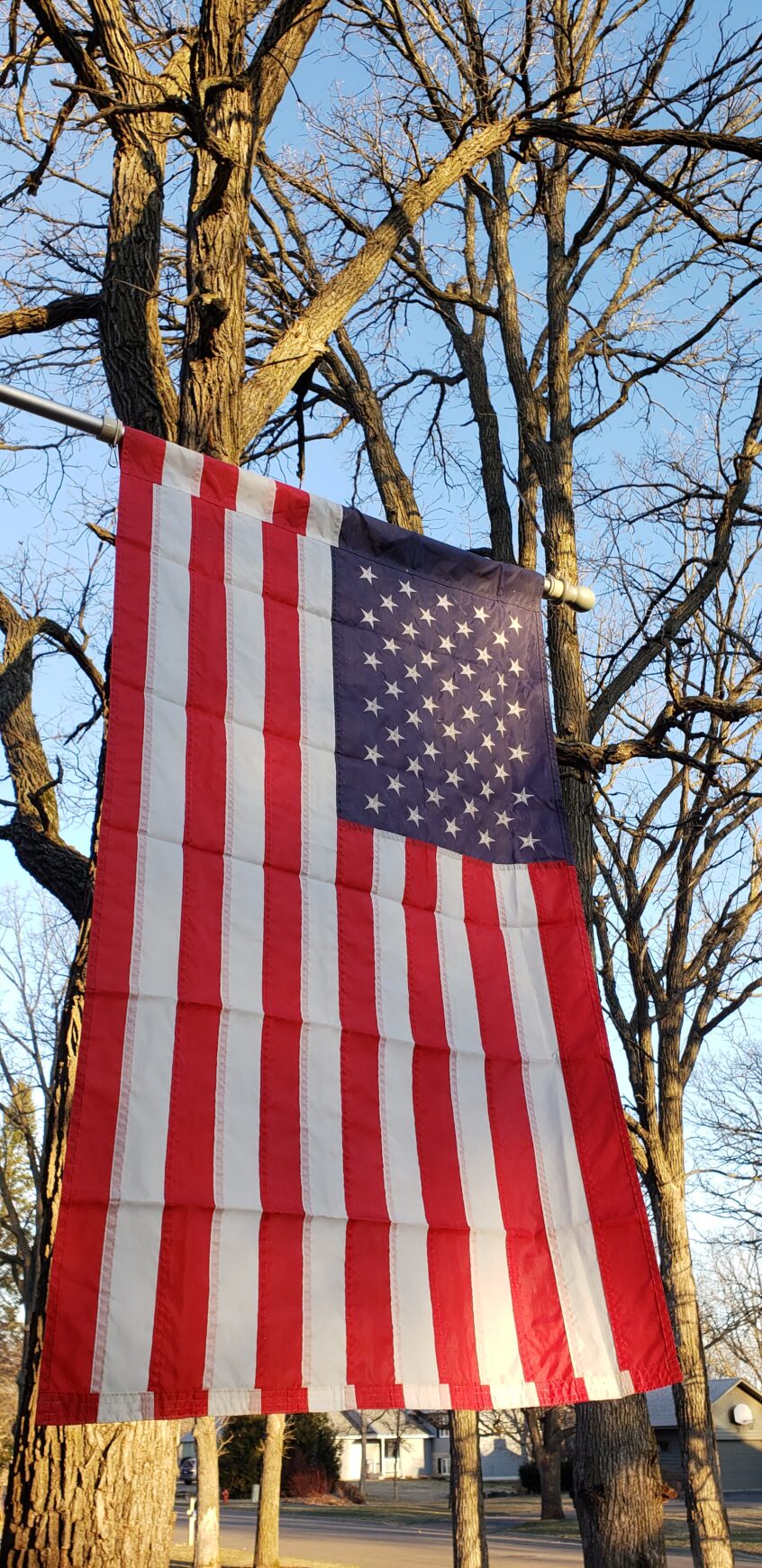“After I die if I am buried, I will rot. If I am burnt, I will become ash but if my body is donated, I will live to give life and happiness to many.”
~ Amit Abraham
The gift of organ donation.
I come from a long line of people that check the box when they go into the DMV to be an organ donor. I have to say that it is one thing to check the box, it is another to actually go through the process of donating a piece of someone you love.
Almost one year ago to the day, my father passed away from incurable cancer. Because he never had any treatment of any kind, parts of him were still in good working order. Ok, that sounds funny to say or type. Hours after his passing, as my brothers and I are regrouping at the hotel, in shock and grieving, I get a call from, Lion’s Gift of Sight, they share their condolences and then explain that my father had checked the box and that the doctors had let them know that his corneas were in great condition.
Did we want to make that donation? I was surprised by the wave of rapid-fire thoughts that I had. “What, you want to take a part of my dad?”, “I can’t think about this right now.”, “Who would call at a time like this?”, “My dad had the most beautiful blue eyes, and he would be honored to know that he helped someone.”, “What could my dad gifted someone with sight, even know?” I put the woman on mute and asked my brothers their thoughts. It didn’t take us but a minute to take her off hold and say, “Yes, it would be an honor for him.”
She then said something I will never forget, “I just have to ask you a few questions.” I laugh at that now, because it was almost an hour later when I got done answering her questions. Because my dad had not been to the doctors in the past five years leading up to his passing, they had very few details about his medical history. He always liked to remain a mystery to people. Since there was a lack of information, we had to try and fill in the gaps. Some of the questions made me laugh a little. At one point they wanted to know about his sex life and partners. I can’t say that we had those in detail conversations, ever. I answered as best I could. I can’t imagine the type of amazing person I was talking to, to be able to make these phone calls. I was so impressed by her professionalism and client care. She was outstanding and really made the process as good as it could be considering the situation.
It was only later, when I got a letter from them thanking us for our donation that I learned they were a part of the University of Minnesota. That made it even more special, because my father had worked for the U of M his whole life. He loved that company and being a part of research and helping people.
Today I was going to drive to Duluth to a Flag Raising event hosted by the hospital he passed away at and the organ donation society. My dad was a really big advocate for the flag. He made sure they had one at this job. He made sure the flag went up each day and came down each night. Honoring the flag was at the core of him, so having the chance to be part of a flag raising really felt like the right place to be today. That is until Minnesota did what Minnesota does best, have a snowstorm.
When I got up this morning all I could hear was the wind howling outside and seeing all of the snow on the ground. When I looked at radar, Duluth was a giant swirl of snow off of Lake Superior. I thought about how funny this was going to look at noon. Blowing snow, a bunch of people all bundled up in our finest winter wear, standing around a flagpole trying to attach a flag and raise it. I could then hear my dad in the back of my head laughing and saying, “Really, you think that is a good way to remember me? You shouldn’t be driving in this crap, you know better.” So, that was the end of that plan and the start of a new one. Since the day had been set aside to remember my dad, I figured I just needed to change the outcome and stick with the mission.
First, I had my own private flag raising at my house with my husband. I changed out my flag for the US Flag and said some words honoring my dad and his donation. I cried a little thinking about it. Then I thought about other ways I might be able to honor him locally.

There is a new organization in town called VRec.
The Veteran Resource & Enrichment Center offers a unique experience by providing dedicated, kind-hearted advocacy transition management to enhance the well-being of Veterans and their family.
Transition management will bridge the gap by walking the path with you to overcome the difficulties life throws at you to achieve an enriched life. They provide resources on lifestyle enhancements, well-being, recovery, housing, jobs, veteran benefits, county/state/federal benefits, and more.
I had been meaning to stop in and check them out, but I hadn’t had time (the biggest lie we tell ourselves). Today I had no more excuses. I wasn’t sure what to expect and I trusted that it would be just what I needed. Of course, it turned out to be exactly what I needed. To meet a couple of vets that are living life and have to work with their PTSD to do so. I was there for two hours, laughing, crying and talking. I could relate to them, and they helped to remind me of my dad. They too are passionate about this country, our freedom and the American flag. One gentleman had gotten in a fight earlier that day with a person wearing a confederate flag and how dishonoring that was to the American flag. Ya, it felt like a little visit with my dad.
I had a chance to talk with Kerri, a retired 20+ year veteran herself and the director of the organization. We got talking about TAPS (Tragedy Assistance Program for Survivors) as it would be good to have connections to grief and loss support for the family members. We both quickly realized how it would be good for them to have some of that information on hand for people. She also introduced me to their store, a way for them to generate some revenue for their big dreams. I could not help myself but buy a painting and a towel with the knit loop at the top to attach to the oven handle. We did not leave the place without some good hugs and firm handshakes.

Sometimes when the wind blows you never know where it will take you. You just have to adjust your sails and ride it out. I think I got right where I needed to go today. I believe I honored my father today, his gift to another person through his organ donation, and found a new home to continue to use my love for veterans to help others and myself.
I would say today was a good day. I hope you have learned to adjust your sails in life when the wind comes up and chart a new course and know that not only will it turn out, it might even be exactly what you need.
And, next time you are renewing your driver’s license and they ask you if you want to check the box to be an organ donor, maybe you will consider it, now that you have heard a story about someone doing it. That donation could be one of your last and greatest gifts. You’ll never know.
Here is a little more information about the Lion’s Gift of Sight in Minnesota program.
What is an eye bank?
An eye bank is the link between people who donate their eyes and people who help restore sight. Eye banks obtain, medically evaluate, and distribute eyes that are donated by humanitarian-minded people for use in transplantation, research, and education.
Can the whole eye be transplanted? No. At this time, only the cornea or sclera can be transplanted. The entire eye can be used for research and education.
What is the cornea?
The cornea is the clear tissue in the front of the eye. It is the main focusing element of the eye. Should the cornea become cloudy from disease, infection, or injury, vision would be dramatically reduced.
What is a cornea transplant?
A cornea transplant is the surgical procedure that replaces an unhealthy cornea with a healthy donor cornea. People receive transplants because of corneal blindness caused by bacterial, fungal, or viral infections or by inherited and degenerative diseases. Corneas can also be damaged by chemical burns, scratches, and other traumatic injuries. More than 90 percent of corneal transplant operations are successful, making this operation the most successful transplant procedure that exists.
How common are cornea transplants?
A cornea transplant is one of the most frequently-performed human transplants. Nationwide, nearly 50,000 corneal transplants are done each year. Corneas have been transplanted to patients ranging in age from only a few days to 103 years old.
How soon after a donation must a cornea be transplanted?
A cornea is usually transplanted within three to seven days of donation.
Sincerely,
JoyGenea Schumer
Business Owner, International Neurodiversity Coach and Speaker
